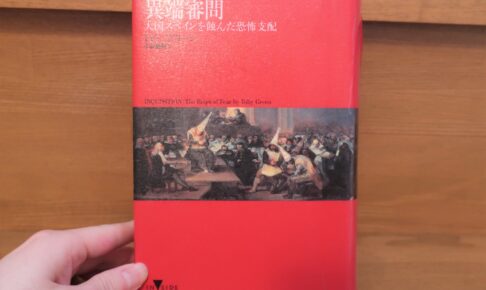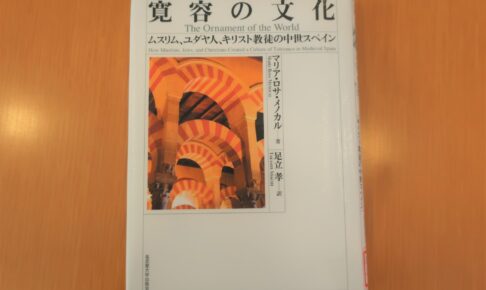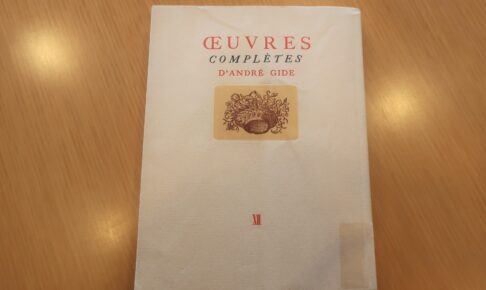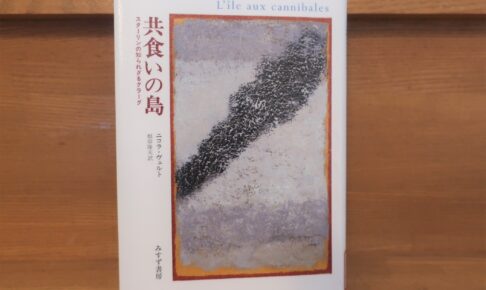(5) Cervantes' amazing satirical skills! What is the connection between the rowing sentence in the galleys and "Don Quixote"?
When I read the passages preached within this article, I felt a chilling sensation throughout my body.
This is because rowing in the galleys is also mentioned in Cervantes' "Don Quixote," and the episode of the rowing prisoners and Don Quixote had a very large impact on me.
I was struck once again by the sheer brilliance of the film "Don Quixote. It is littered with terrible satire and irony. And it is a marvel that you can read it as a funny novel even if you don't know about it. It has become my favorite novel even more and more.
Knowing the history of the Inquisition changes the way we see literature. This was very interesting.












































